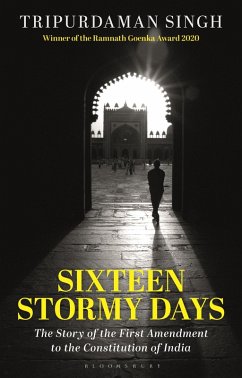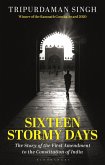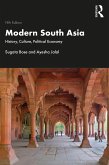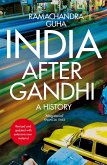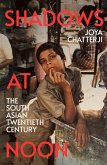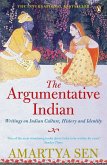On 26th January 1950 India became a republic, shedding its last links with its colonial past and inaugurating a new era of liberty and freedom. With fundamental rights and civil liberties guaranteed by the state, the new constitution was universally acclaimed as the 'world's greatest experiment in liberal government'.
This idealistic birth of a new republic meant a clean break with a repressive past. And yet, barely twelve months later, the very makers of the constitution were denouncing their own creation. Passed in June 1951, the First Amendment to the Constitution was a pivotal moment in Indian constitutional history.
Sixteen Stormy Days explores the contentious legacy of this First Amendment which drastically curbed freedom of speech, restricted freedom against discrimination and circumscribed the right to property.
It follows the sixteen days of debate that led up to it, the people that created it, the great battle waged against it and the immense consequences it has had for Indian democracy. It is a cautionary tale about an almost forgotten but hugely consequential piece of history that holds the key to understanding the position of civil liberties and individual freedoms in India today. It challenges conventional wisdom on iconic figures such as Jawaharlal Nehru, B.R. Ambedkar, Rajendra Prasad, Sardar Patel and Shyama Prasad Mookerji, and lays bare the vast gulf between the liberal promise of India's Constitution and the authoritarian impulses of her first government.
Dieser Download kann aus rechtlichen Gründen nur mit Rechnungsadresse in A, B, BG, CY, CZ, D, DK, EW, E, FIN, F, GR, HR, H, IRL, I, LT, L, LR, M, NL, PL, P, R, S, SLO, SK ausgeliefert werden.

